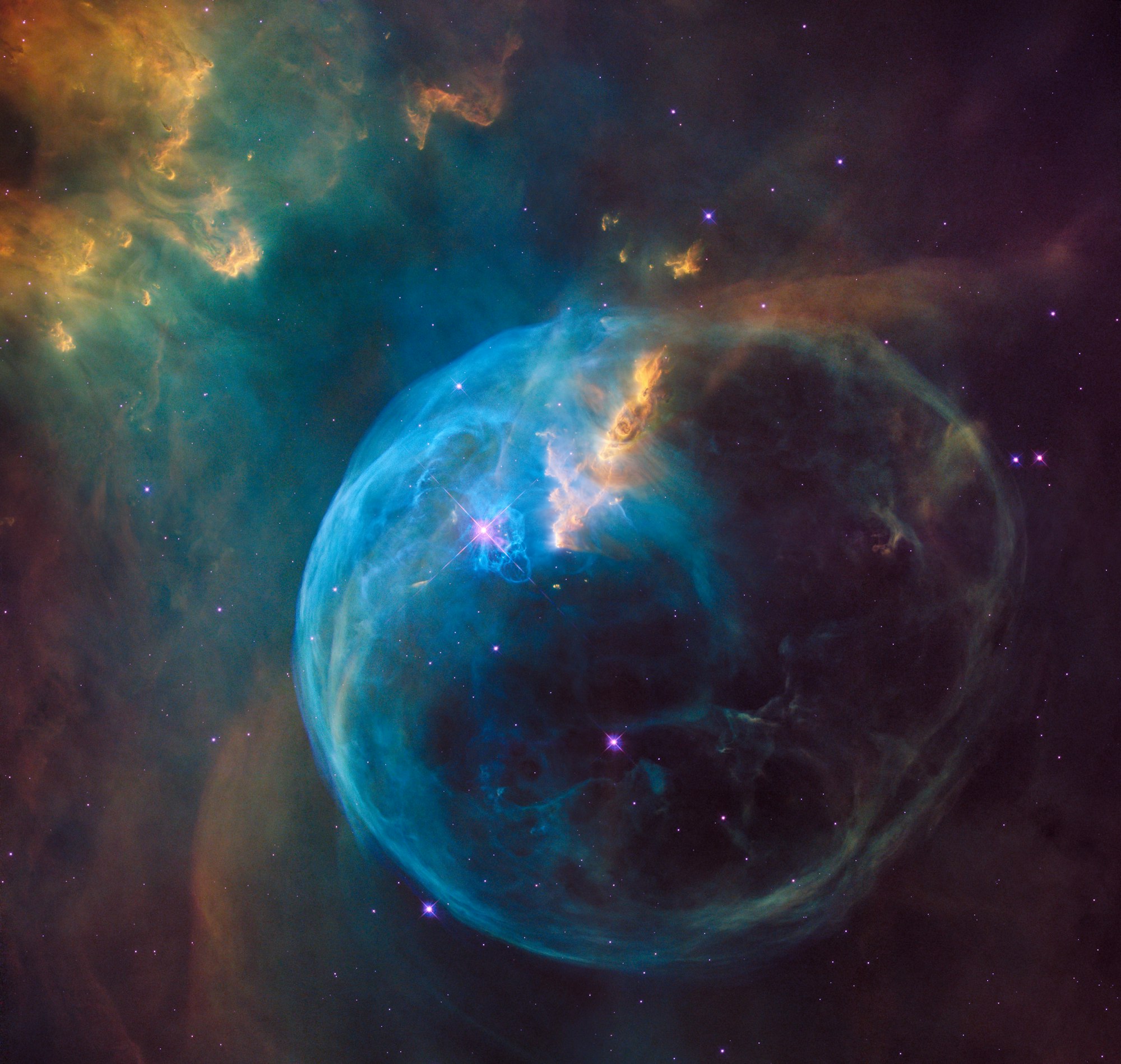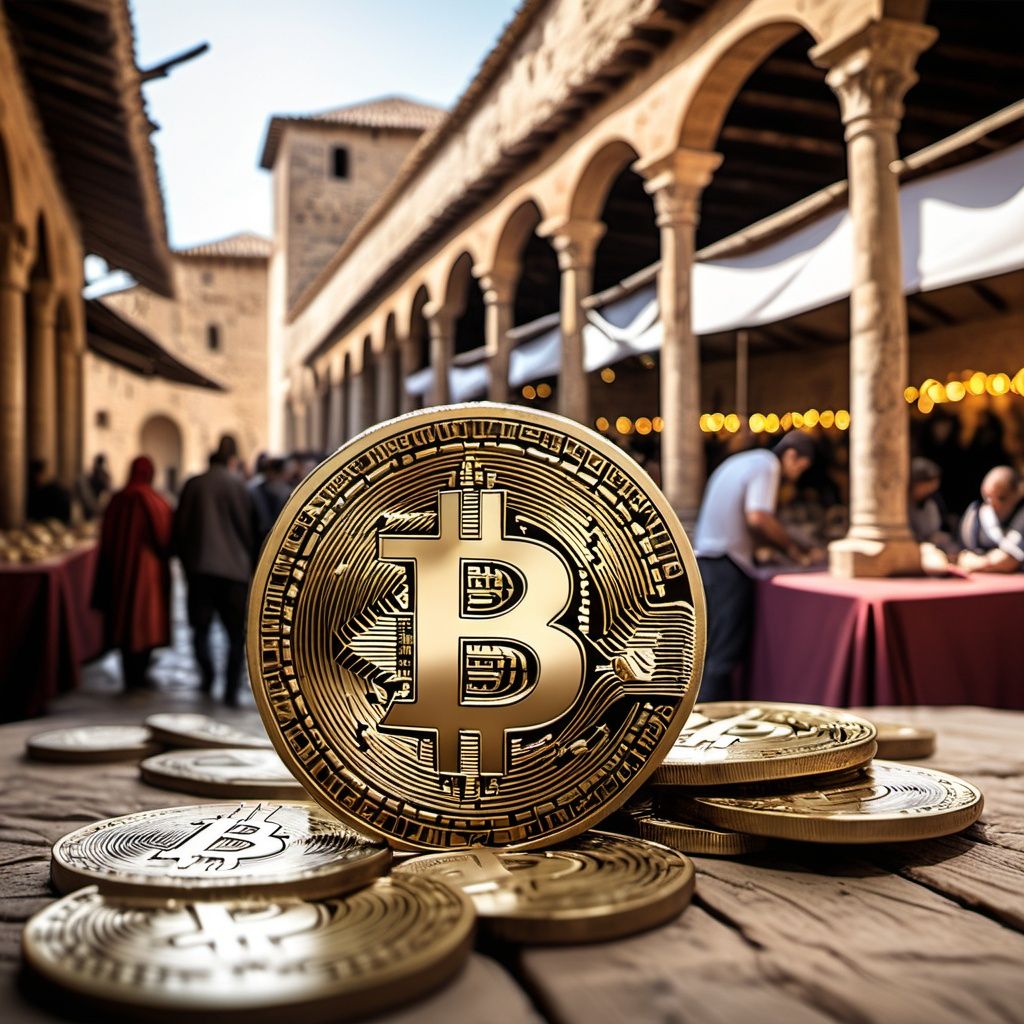On this episode, we finish up our three-part series on Existential Risks. We discuss hypothetical and exotic existential risks that we could possibly encounter (ie. aliens!). From there, we go on to discuss the Fermi Paradox, the rare-Earth hypothesis, and ponder on the possibility that we're alone in the universe.
You can listen in your browser or right-click here (and Save as) to download
This episode is also available on Spotify, Apple Podcasts, and anywhere else you get your podcasts from.
Timestamps:
- 0:00 - Intro
- 1:19 - Advanced alien civilizations
- 9:45 - Hostile self-replicating space probes (Von Neumann machines)
- 17:02 - The simulation hypothesis
- 22:31 - Physics experiments gone awry
- 24:55 - The universe ruptures in a false vacuum decay
- 27:31 - Evolving laws of physics
- 30:26 - The risk of the unknown
- 34:34 - The Fermi Paradox
- 42:41 - The rare-Earth hypothesis
- 52:03 - The final great filter
Food for Thought:
I'd love to read your responses to these questions in the comments below.
- Do you think we're alone in the universe? Or just one of many intelligent species that have arisen so far?
Recap:
- We jump immediately into seven hypothetical risks, including:
- The possibility of encountering an advanced alien civilization in the cosmos. These could be benevolent zen-like gods, or they could be hostile totalitarians that are content with wiping out humanity. Another possible problem with any sort of contact scenario would be the problem of alien microbes that could infect human beings.
- The risk of encountering hostile self-replicating space probes. If such probes existed, they could already be on their way to Earth as we speak (space is large, so it could take them decades to arrive and amass before taking us out).
- We could be living inside of a computer simulation, that could be terminated at any moment. Our best bet might be to make our particular simulation as interesting as possible, to avoid this fate.
- A physics experiment could go wrong, dooming us all. For example, experimental particle collisions in the Large Hadron Collider could form a microscopic black hole that devours Earth, or turn our planet into a strange form of matter.
- The universe itself could rupture in a false vacuum decay. This could hypothetically occur if the universe is metastable or becomes metastable over time, and if some new configuration of matter exists that is more stable. If such a phase transition would occur, the universe could be obliterated at the speed of light, and we'd have no warning.
- The laws of physics might evolve over time, or be different in other parts of the universe. Perhaps the current state of the universe is fine-tuned for life as we know it, but it's possible that in some far-off future intelligent life can no longer exist if the laws of physics change.
- The risk of some unknown thing, or unknown physics. As we discover and learn more, we find more existential threats to humanity, both real and hypothetical. It's plausible that as we continue to learn more, we'll find more risks too (and hopefully mitigate others).
- From there, we jump into a discussion about the Fermi Paradox, the Rare-Earth Hypothesis, and the possibility of there existing a great filter in humanity's past or future.
Works Cited:
- Dirk Schulze-Makuch, René Heller, and Edward Guinan. In Search for a Planet Better than Earth: Top Contenders for a Superhabitable World. Astrobiology 2020. Retrieved Jan 28, 2022.
- NASA, Simulating Early Ocean Vents Shows Life's Building Blocks Form Under Pressure. Retrieved Jan 28, 2022.
- Annalee Newitz, The origin of complex life on Earth just got a little less mysterious. Ars Technica. Retrieved Jan 28, 2022.
- Carl Sagan, Cosmos. Ballantine Books 2011.
- Nick Bostrom and Milan M. Cirkovic, Global Catastrophic Risks. Oxford University Press 2008.
- Toby Ord, The Precipice. Hatchette Books 2020.




